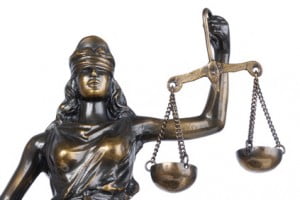Bankruptcy and Unjust Enrichment
Debts which are incurred because of unjust enrichment cannot be discharged in bankruptcy. Unjust enrichment is when one party gains an unearned benefit at another party’s expense. The bankruptcy court demands that the debtor who unjustly gained the benefit, reimburse the party who was harmed. For example, if a debtor took advantage of an elderly relative or neighbor to lure them into handing over the deed of their property, that might be considered unjust enrichment. If the elderly relative or neighbor then won a lawsuit against the debtor, the bankruptcy court would rule that the debt could not be discharged in bankruptcy because it came about due to unjust enrichment.
There have been many bankruptcy cases involving unjust enrichment; but they are not all as clear as the above example. Sometimes credit card companies and other creditors accuse a debtor of unjust enrichment. For example, if a debtor took out a loan to repair their home; but used the loan to start a business instead, the creditor might accuse the debtor of unjust enrichment. While there are other charges the creditor could bring against the bankruptcy debtor, unjust enrichment might be justified if it unfairly benefited the debtor while harming the creditor. This might be true if the creditor is unable to sell the home at a fair market price due to the lack of repairs. Once a debt is determined to be incurred because of unjust enrichment, it becomes nondischargeable in bankruptcy. It’s important to note that each bankruptcy court will have different standards about what is considered unjust enrichment.
